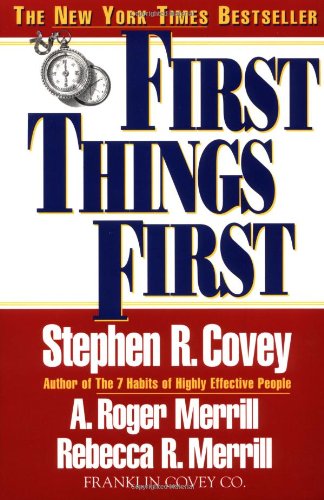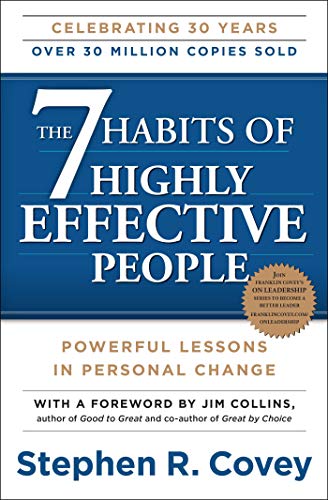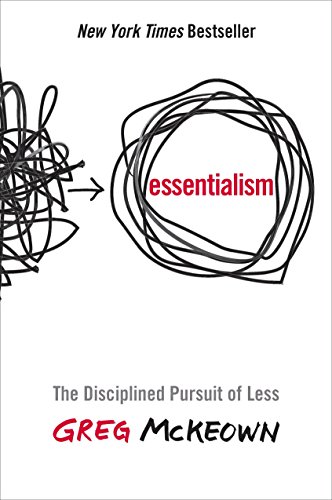#25: First Things First in a FOMO World
In life, we face endless options about how to spend our time. With social media and the internet, we have never been so aware of these options, and the barrier has never been lower for people to share their opinions about what we should be focusing on (like this post!).
We also live in a world where everything is urgent, needs to be done now, and we ignore the fundamental reality of trade offs — saying yes to something invariably means saying no to something else.
With these obstacles, how do we decide what is important and remain focused on the most essential things in life?
On this episode, I share what I have discovered on my journey to live a life prioritizing the important over the urgent. It is not always easy, but it is absolutely worth it.
Wisely, President Eisenhower thought that we should devote attention and time to our activities in accordance with their importance and urgency. He acknowledged how we are too inclined to focus on the things that are both important and urgent, generating a reactive behavior based on what has to be done right now, instead of focusing on the things that are important and not urgent, which would be the basis of a more strategic behavior based on long-term goals.
In his classic book The 7 Habits of Highly Effective People, Dr. Stephen R. Covey popularized Eisenhower’s time management theory by organizing activities into four different quadrants (see below), based on their relative importance or urgency. In Dr. Covey’s book, he defined urgent as requiring “immediate attention.” Urgent matters “act on us” and they are often “pleasant, easy, and fun to do.” But urgent matters are often unimportant. Importance, however, is about getting results. Important matters contribute to your life mission, values, and high priority goals. But often these important activities are not urgent, requiring initiative, planning, and discipline.
The Time Management Matrix from The 7 Habits of Highly Effective People by Dr. Stephen R. Covey
Successful people — meaning people whose lives are in line with their deepest values — spend most of their time in Quadrant II. Over time, small deposits in these important, non-urgent tasks of Quadrant II can produce incredible results. But the opposite is also true. Neglecting Quadrant II activities can lead to long term regrets and more urgent matters (e.g., health issues or relationship problems).
I hope this episode of the podcast will help you think more about the important things in your life, prune away the non-essential, have the courage to say no, and truly put first things first.
The books below have really shaped my thinking on this topic (and this episode), and I want to give credit to the authors for their thought-provoking work. I recommend each of them:
Subscribe to this podcast on: Apple Podcasts | Google Podcasts | Spotify | Stitcher
You can also follow Intentional Living and Leadership on Facebook.
At the end of this episode, I mention the following article by Colonel Mark Blum:









